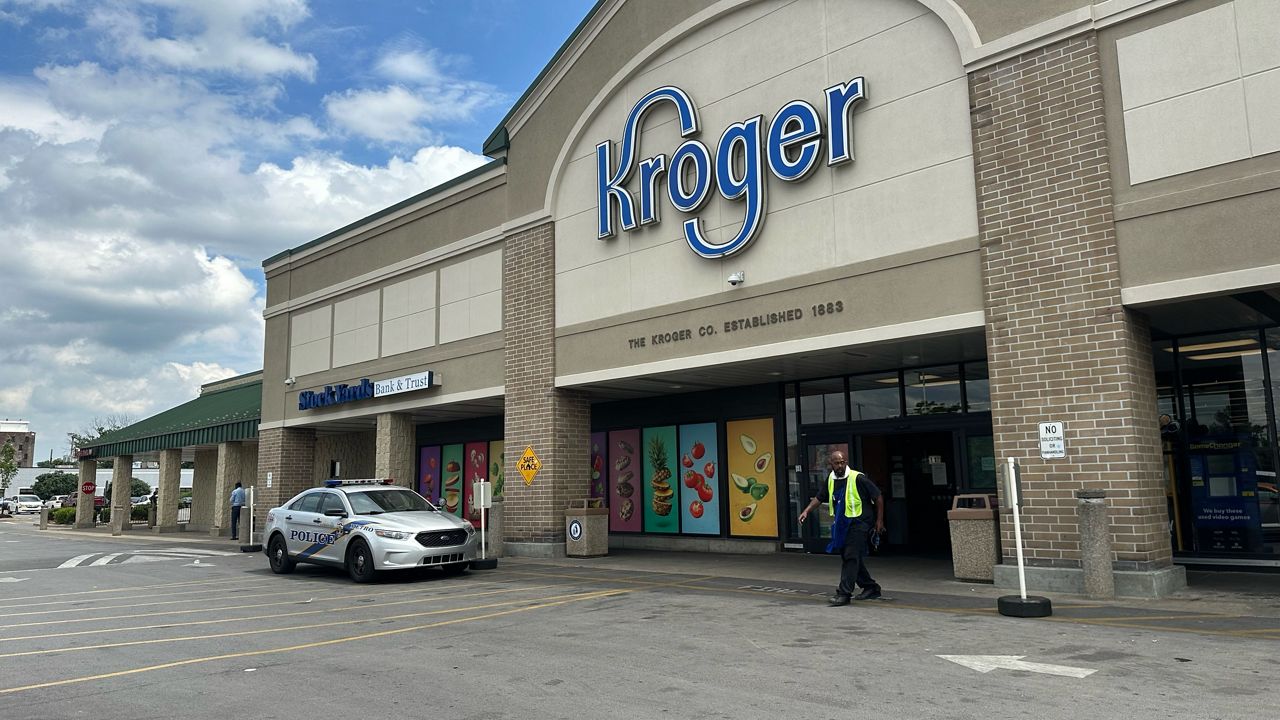COLUMBUS, Ohio — Ohio’s attorney general is asking a U.S. district court in Oregon to approve Kroger’s acquisition of Albertsons after the Federal Trade Commission tried to stop the grocery stores’ merger.
“The FTC’s tunnel vision in this case risks hindering the very competition it is trying to protect,” Ohio Attorney General Dave Yost said in a press release. “A comprehensive look at the competitive landscape shows no reason to delay this deal any further.”
Kroger is based in Cincinnati, Ohio, and Albertsons is based in Boise, Idaho.
Yost joined attorneys general from three other states – Alabama, Georgia and Iowa – in filing an amicus curiae brief with the court, arguing that the FTC’s reasoning “is based on a flawed understanding of the market in which the two retailers operate.”
Eight states and Washington, DC have now joined the FTC. The FTC claims that the $24.6 billion takeover is anti-competitive.
In its own press release in February, the agency stated that the deal would eliminate competition between grocery chains, resulting in higher prices and a deterioration in quality and service.
“This mega-merger of supermarkets comes at a time when grocery prices for American consumers have been steadily rising in recent years. Kroger’s acquisition of Albertsons would lead to further price increases on everyday goods and further exacerbate the financial burden on consumers across the country,” said Henry Liu, director of the FTC’s Bureau of Competition, in the press release. “Employees at essential grocery stores would also suffer from this deal, as they face lower wages, fewer benefits, and worsening working conditions.”
Yost and the other attorneys general listed in the amicus curiae brief disagree with the FTC’s allegations and claim that it is a policy goal of the FTC to prevent mergers of large grocery chains.
Yost’s press release states that Kroger will divest from stores in areas with “overlapping operations.” The press release argues that the retailer has more than 5,000 stores in the U.S. and that the stores only overlap by 10%.
In their brief, they also claim that the FTC interprets the term “supermarkets” too narrowly because it does not include places like Costco, Whole Foods, Aldi and online stores.
“By relying on this flawed definition, the FTC falsely assumes that consumers would have no choice if a hypothetical supermarket monopoly were to raise its prices,” the press release states. “The letter adds that the FTC itself rejected ‘supermarkets’ as a market definition in a 1983 case.”

